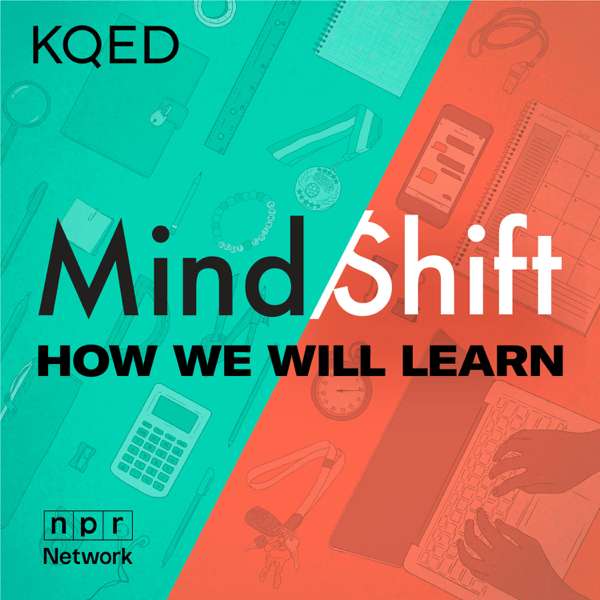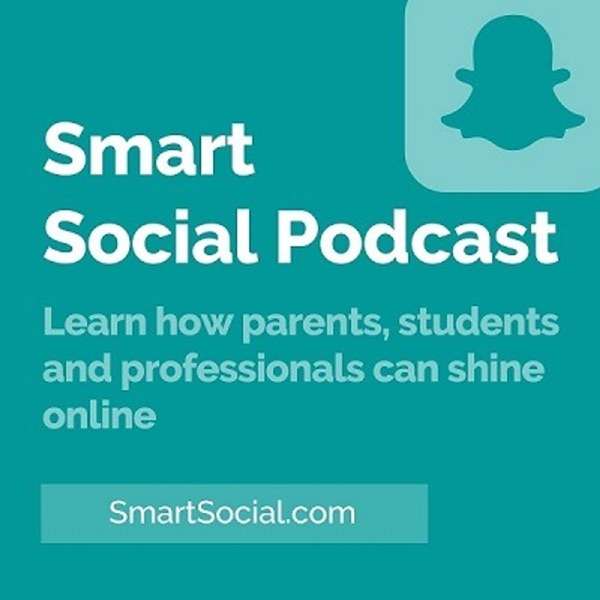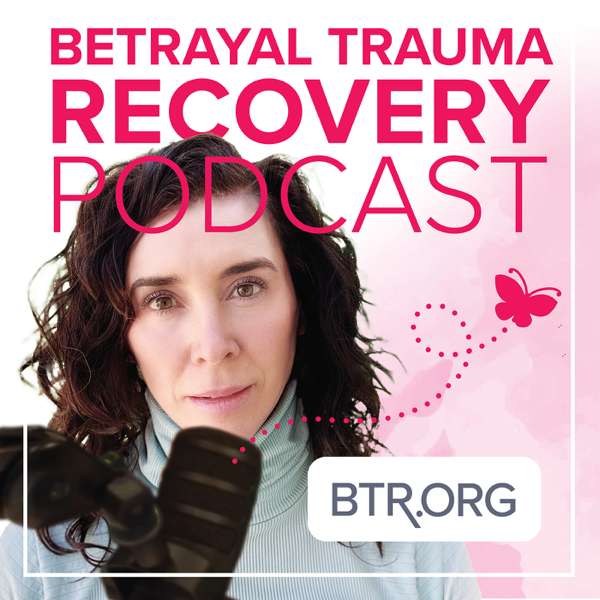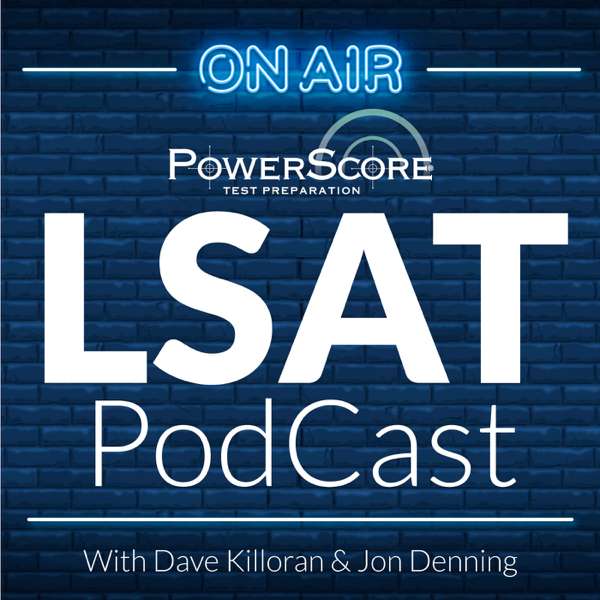Warning: This episode contains discussion of mental illness, self-harm, and suicide, and may not be suitable for all audiences. Nothing contained in the podcast should be interpreted as medical or mental health treatment or advice. Please follow your medical provider's advice and direction. If you or someone you know is in immediate danger, call 9-1-1. Listener discretion is advised.
What is an ally?
You may relate the term to countries that have formed military relationships to fight together against their enemies. When one country in the alliance goes to war, the other countries take on that war as their own. While this is one definition, the term reaches beyond the military to a far more personal war – a war against hate, bigotry, and oppression.
A simple internet search will produce official historical references to the queer community in the U.S. as early as the Revolutionary War, but the term ally appears as recently as 1969 with the beginning of the LGBTQ+ civil rights movement. LGBTQ+ rights, acceptance, and support has come a long way in recent history but there’s still much work to be done.
Educators have a responsibility to support and guide their students. Statistics show that LGBTQ+ students who have a support system – at school and/or home – are more confident and successful in their educational journey. Anyone can be an ally if they’re willing to listen and learn. But where do you start?
The second and final part of a two-part special edition of inspirED podcast focuses on how being an ally supports the mental health and well-being of LGBTQ+ youth as part of our Education Equity series.
In this episode, our panel of education and mental health professionals, and LGBTQ+ allies will discuss what it means to be an ally, the importance and impact an ally can have on the development of LGBTQ+ youth, and ways you can work to becoming an ally for your students.
Subscribe to inspirED on your favorite podcast app so you never miss an episode. Check out our website at www.pltw.org/podcast for the latest episodes and catch-up on previous episodes.
PLTW Links: Twitter, Facebook, Instagram, YouTube, LinkedIn
Subscribe Links: iTunes, Google Play, Stitcher, Spotify, pltw.org/podcast
Feedback or suggestions: Email us at podcast@pltw.org.

 Our TOPPODCAST Picks
Our TOPPODCAST Picks  Stay Connected
Stay Connected







